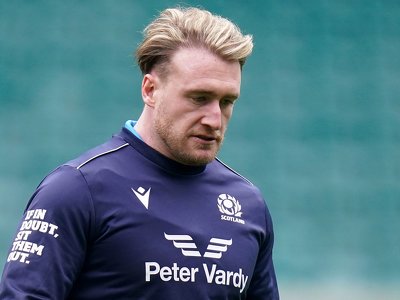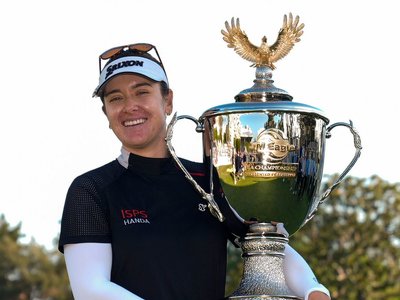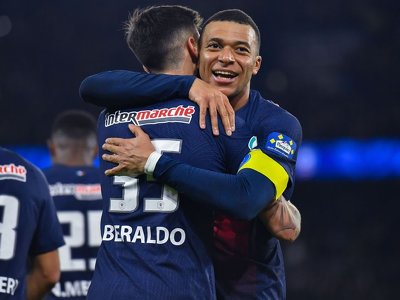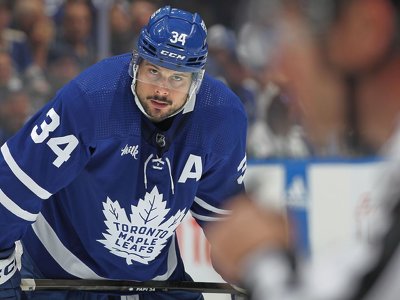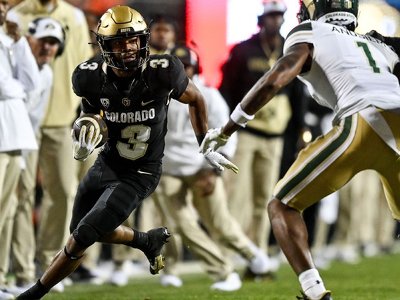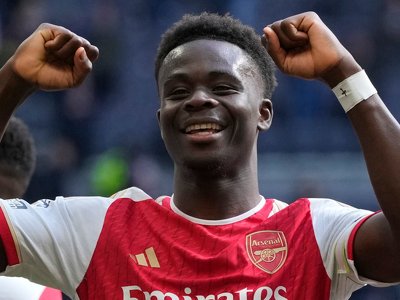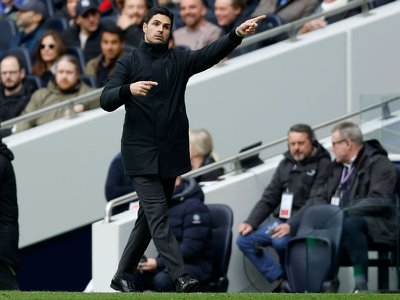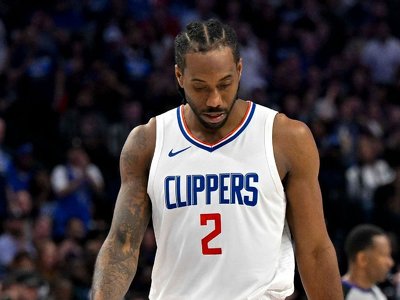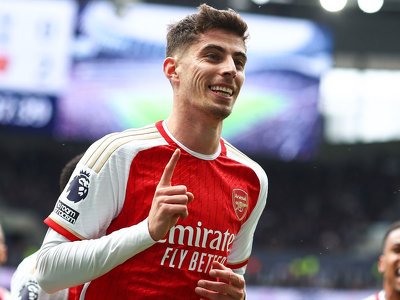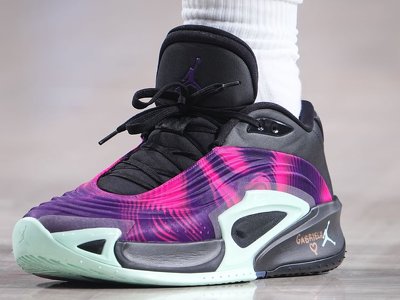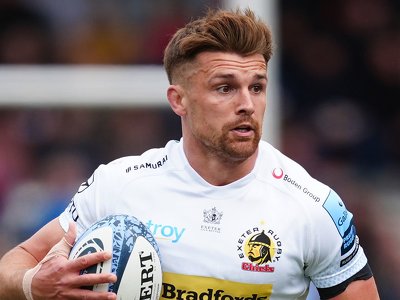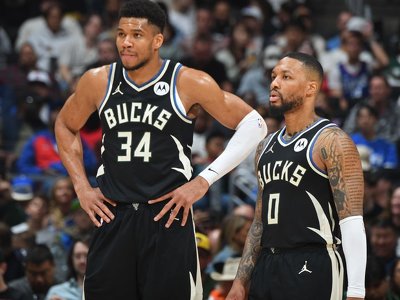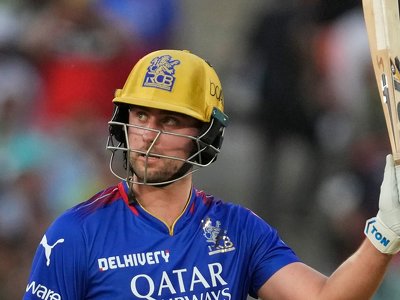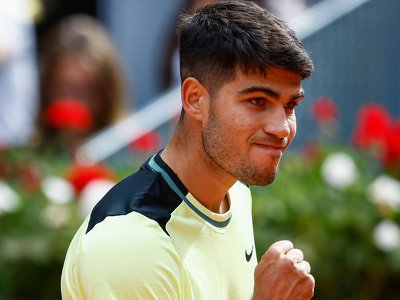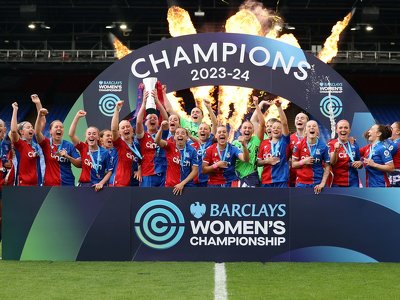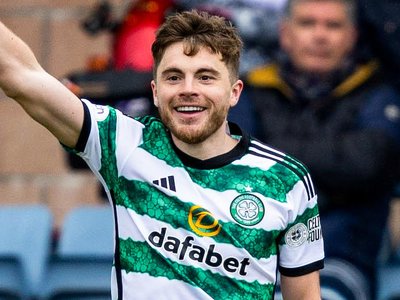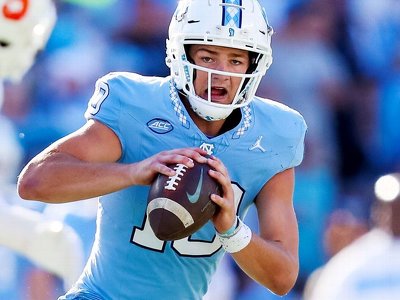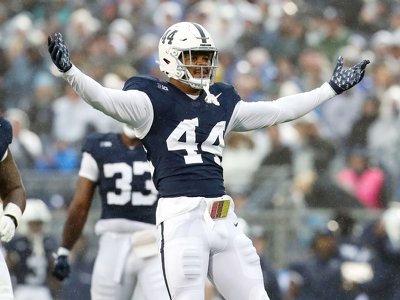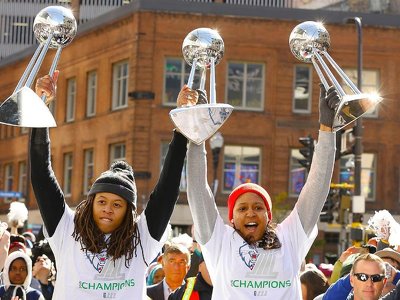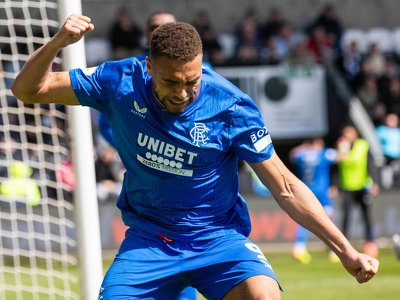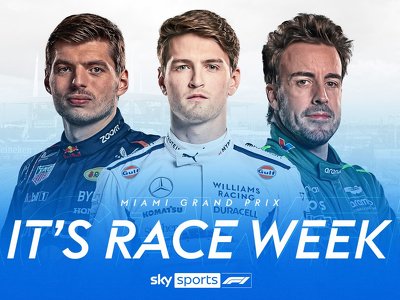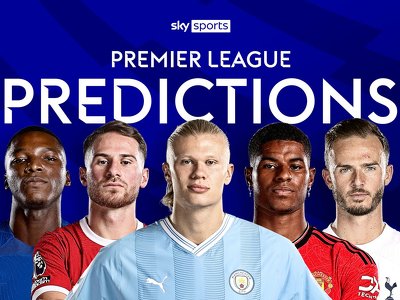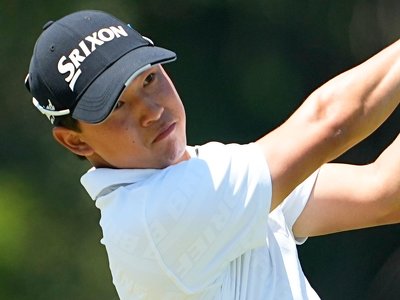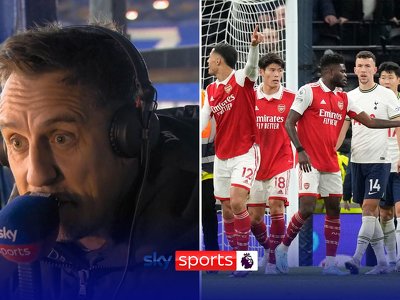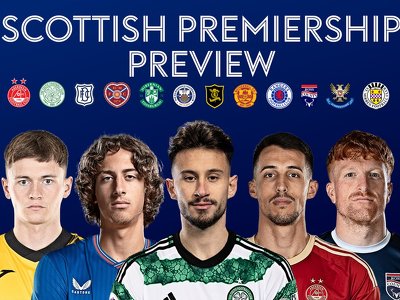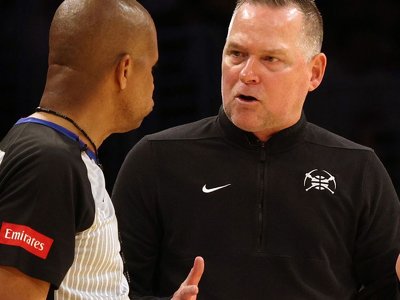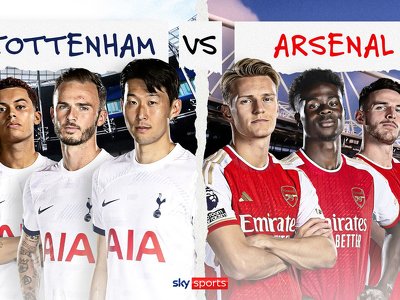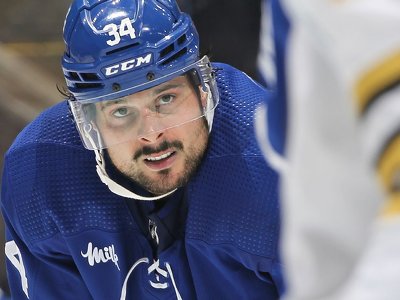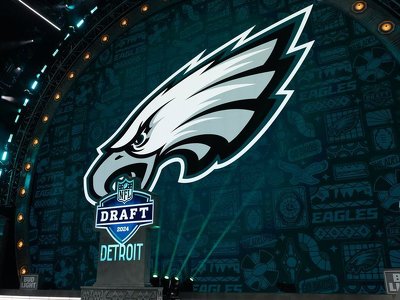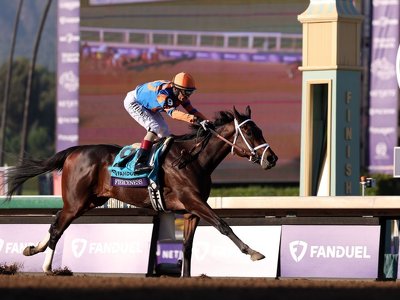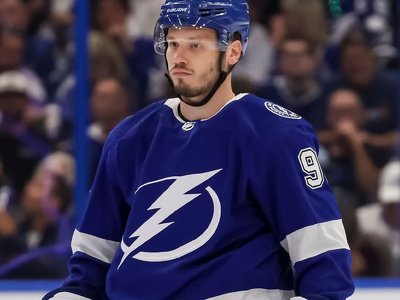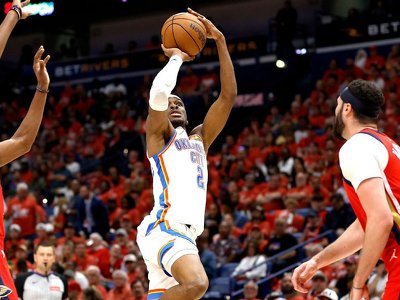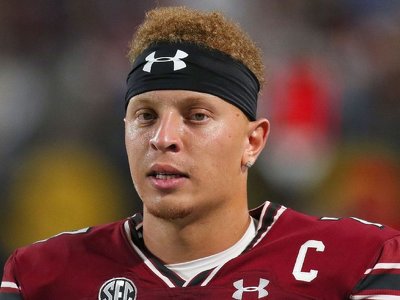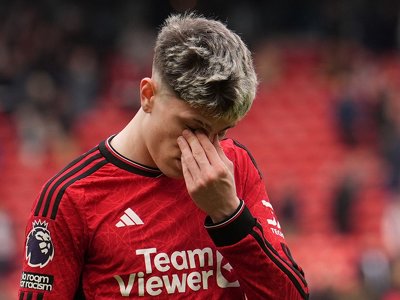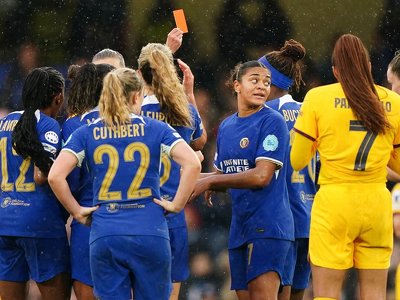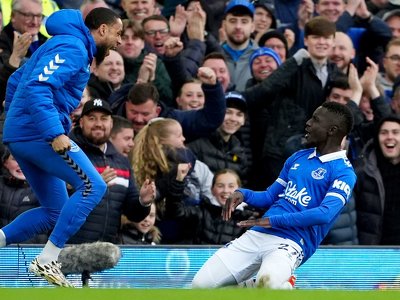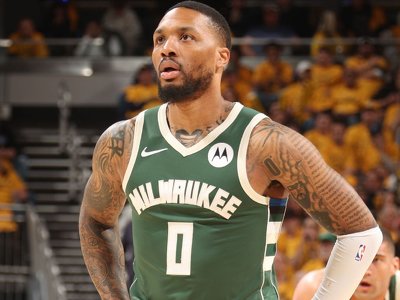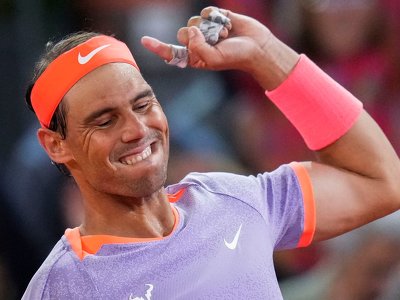🏀 Free agency winners and losers: Early results are in

Three days into the start of official free agent negotiations, and a week after the draft, the NBA has witnessed its typical, seasonal whirlwind of activity. Nine-figure surprises! Intriguing trades! A record-setting contract and drama swirling around multiseason MVPs!
To make sense of all the madness, let's identify the biggest winners and losers of the summer so far. As the offseason progresses, there's still time for some of these designations to change; in recent years, the likes of Donovan Mitchell, Damian Lillard and Karl-Anthony Towns weren't traded until September or October.
But for now, here are the teams, trends and transactions that matter most. We'll begin with the clearest winner of the 2025 offseason.
Winner: Houston Rockets
No matter its follow-up moves, Houston would have been an offseason winner on the virtue of the Kevin Durant trade alone. That's how deeply the Rockets won the Durant deal, acquiring a picture-perfect solution to their greatest weakness while not losing any of their best young players or draft picks in return.Editor's PicksSwing a trade? Sign a star? How all 30 NBA teams ace their offseason5dNBA InsidersNBA free agency: Grading 30-plus deals, including what Deandre Ayton brings to the Lakers2dKevin PeltonGrading the Nuggets' roster reshuffle, plus every major trade this summer3dKevin Pelton2 Related
But the Rockets didn't stop after adding Durant. They also signed Dorian Finney-Smith to a four-year, $53 million contract; signed Clint Capela to a three-year, $21.5 million pact; signed Fred VanVleet to a newly manageable contract; signed Jabari Smith Jr. to a reasonable extension; and re-signed Jae'Sean Tate, Aaron Holiday and Jeff Green to round out the roster.
The end result of all this activity is a deep, versatile roster that can beat opponents in all sorts of ways: with defense, rebounding, size, physicality, youth, experience, Durant's shotmaking genius. The Rockets will challenge the Oklahoma City Thunder for the unofficial title of deepest team.
The Rockets will also challenge the Thunder for a more official title, because Houston looks like the second-best team in the West -- and therefore the greatest threat to Oklahoma City's chance at becoming the first repeat champion since Durant's Warriors in 2017 and 2018.
This isn't a perfect roster. Houston will be extremely dependent on VanVleet, now in his 30s and past his prime, because of a lack of backcourt depth. (A second-year leap from No. 3 pick Reed Sheppard, who averaged just 4.4 points in 12.6 minutes per game as a rookie, would be a major development for Houston.) The frontcourt rotation could also get messy if qualified players think they aren't getting as many minutes as they deserve; with Capela joining Alperen Sengun and Steven Adams, Houston might be leaning too far into its effective-in-doses two-center alignments.
But those are small quibbles with an otherwise stacked roster. The Rockets ably juggled their cap sheet, replaced Dillon Brooks with Finney-Smith -- who's not as comfortable as a point-of-attack defender as Brooks, but that's not an issue for a team with Amen Thompson and Tari Eason -- and upgraded from the inefficient Jalen Green to Durant, one of the most efficient perimeter scorers in NBA history. That's how to win the offseason.
Loser: Los Angeles Lakers
From the moment the Lakers acquired Luka Doncic in a surprise blockbuster, they desperately needed a center. They lost their previous starter, Anthony Davis, in the Doncic trade, and Doncic's game would mesh perfectly with a dynamic pick-and-roll partner. There's a reason Daniel Gafford broke out once he joined Doncic in Dallas and that Dereck Lively II was an impact rookie on the same team.
So it was no surprise that the Lakers agreed in principle to trade for a young, bouncy center immediately after acquiring Doncic. But when they rescinded the Mark Williams deal because of a failed physical, the Lakers were stuck with the players they already had on the roster. Jaxson Hayes started four playoff games but clearly didn't have coach JJ Redick's trust, as he played single-digit minutes in all four contests before being benched as Redick moved to a small-ball approach for all 48 minutes in the Lakers' final loss of the season.
At the very least, in the wake of the Lakers' disappointing playoff flameout, their top priority this summer seemed clear. And yet, a few days into the free agent frenzy, all of their top potential targets signed elsewhere, and they were stuck with Deandre Ayton, a surprise addition to the market after a buyout agreement with the Portland Trail Blazers.
Ayton doesn't profile as an ideal short-term solution for a championship hopeful nor is he a long-term fit next to Doncic. The 2018 No. 1 pick -- two picks ahead of Doncic, incidentally -- is neither a rim runner nor a floor spacer, and his game peaked a half-decade ago. Despite persistently impressive box score stats, the best public advanced stats all rate Ayton as a below-average player.
Meanwhile, Ayton's two-year deal with a player option carries little upside for the team. If he's good in Year 1, he'll opt out, whereas if he doesn't gain Redick's favor, he'll stay on the team's books for a second season.
This is a dangerous game to play when the Lakers are trying to manage James' discontent and coax Doncic into signing a long-term extension later this summer. For now, there's not much about this roster that should compel his signature. The Lakers have an imbalanced rotation with a lot of power forwards -- Rui Hachimura, Maxi Kleber, Jarred Vanderbilt and, of course, James -- but no trustworthy centers, and their only move of consequence other than signing Ayton is replacing Finney-Smith with Jake LaRavia.
Winner: Big-man depth
A key reason the Lakers' search for a center went so awry, so quickly is that all the good ones are already gone. One of the biggest (literally) themes of the first week of the offseason is teams doubling down on big men, even if they already seem set at the position.Breaking News from Shams CharaniaDownload the ESPN app and enable Shams Charania's news alerts to receive push notifications for the latest updates first. Opt in by tapping the alerts bell in the top right corner. For more information, click here.
Download the ESPN app and enable Shams Charania's news alerts to receive push notifications for the latest updates first. Opt in by tapping the alerts bell in the top right corner. For more information, click here.
The Rockets signed Capela even though they already had Sengun and Adams. The San Antonio Spurs picked up Luke Kornet even though they already had Victor Wembanyama. The Denver Nuggets traded for Jonas Valanciunas to be the best backup Nikola Jokic has had in years. The LA Clippers added Brook Lopez to back up Ivica Zubac. The New York Knicks signed Guerschon Yabusele to play with Towns and Mitchell Robinson. The New Orleans Pelicans signed Kevon Looney to split time with promising youngster Yves Missi. The Toronto Raptors extended Jakob Poeltl and signed Sandro Mamukelashvili. The Milwaukee Bucks signed Myles Turner and Jericho Sims, in addition to extending Bobby Portis.
The desire for double-big lineups also appeared on draft night, as two non-playoff teams in the West established long-term duos. The Trail Blazers picked 7-foot-1 project Yang Hansen to pair with 7-foot-2 second-year center Donovan Clingan, while the Phoenix Suns, in quick succession, traded for veteran Mark Williams and drafted Khaman Maluach, the first center off the board.
Other contenders paid to keep their established rotation of bigs intact. The Minnesota Timberwolves re-signed Naz Reid and Julius Randle for a combined $225 million; add in Rudy Gobert, whose extension kicks in this season and the Timberwolves have $334.5 million committed to their bigs, even after trading Towns. And the Memphis Grizzlies retained Jaren Jackson Jr. and Santi Aldama for a combined $292.5 million.
Moreover, after the Thunder started Isaiah Hartenstein -- a free agent splurge last summer -- and Chet Holmgren together en route to a title, they extended third big Jaylin Williams this week. And the Dallas Mavericks have been super big since trading for Davis; until Kyrie Irving returns from injury, their five best players are all natural power forwards or centers: Davis, newly extended Gafford, Lively, P.J. Washington and No. 1 draft pick Cooper Flagg.
This leaguewide trend could set up some delightful stylistic clashes for the few teams not following their lead, such as the Lakers and Golden State Warriors. But taken all together, these transactions make one thing very clear: After a decade of small-ball flirtations, big men are back in style -- and not just MVP winners such as Jokic and Joel Embiid, but players of all stripes and levels, as long as they come with the requisite size.
Loser: Opponents trying to score inside against the Spurs
Here's a telling statistic about one of the new big man duos. According to GeniusIQ tracking, 166 players have defended at least 300 shot attempts within 5 feet over the past two seasons. Among that group, Kornet (52.2%) ranks fifth and Wembanyama (52.3%) ranks sixth in lowest field goal percentage allowed.
I wrote about Kornet in my list of underrated free agent targets, and the Spurs knew his value, signing the journeyman center to a four-year, $41 million deal. He'll be an excellent backup behind Wembanyama. But don't discount their ability to function together, as well; Wemby-Kornet lineups shouldn't grow too crowded on offense because Wembanyama likes to play on the perimeter anyway, and they'd form a devastating defensive duo.
Winner: Denver Nuggets
For years, Denver's starting lineup has been one of the best in the sport. Last season was no exception, even with Christian Braun stepping in for Kentavious Caldwell-Pope after the latter departed in free agency. The Nuggets' starters had a net rating of plus-10.6 in the regular season
- Last
- April, 29
-
-
- April, 28
-
-
-
-
-
-
-
-
-
-
-
-
-
-
-
-
-
News by day
7 of July 2025
